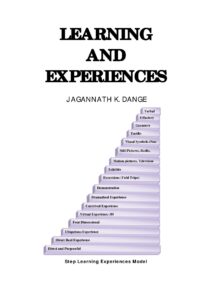
Creating an educational app requires quite a bit of planning and thought. To help you get started, here is what you need to know about the features, benefits, and costs of creating an educational app. Features When it comes to creating an educational app, you’ll need to decide what features it should have. Some features to consider are: • Interactive quizzes and exercises • Games and simulations • Automated grading systems • Collaborative learning tools • Detailed reporting and analytics • Video and audio content • Course search and navigation Benefits Creating an educational app can have a myriad of benefits. From increased engagement and knowledge retention to lower costs, here are some of the benefits of creating an educational app: • Increased accessibility: Educational apps can make courses available to students from any place, at any time. • Increased engagement: Engaging, interactive content helps students stay motivated and retain information efficiently. • Lower cost: Online courses and apps are often less expensive than traditional learning materials. • Easier to update: Educational apps can be quickly and easily updated with the latest information. Costs Creating an educational app also requires an investment of time and money. Building an educational app can cost anywhere from a few thousand dollars to tens of thousands of dollars, depending on complexity and features. If you don’t have the budget for an expensive, custom-made app, there are low-cost solutions available. For example, there are a number of platform-specific solutions that allow you to quickly design an educational app without much coding knowledge
Creating an Educational App: Features, Benefits, and Costs Developing an educational app does require some extensive planning and thought. Before you get started, it is important to understand the features, benefits, and costs associated with creating an educational app. Features When it comes to creating an educational app, there are a ton of features to consider. Some features that are








